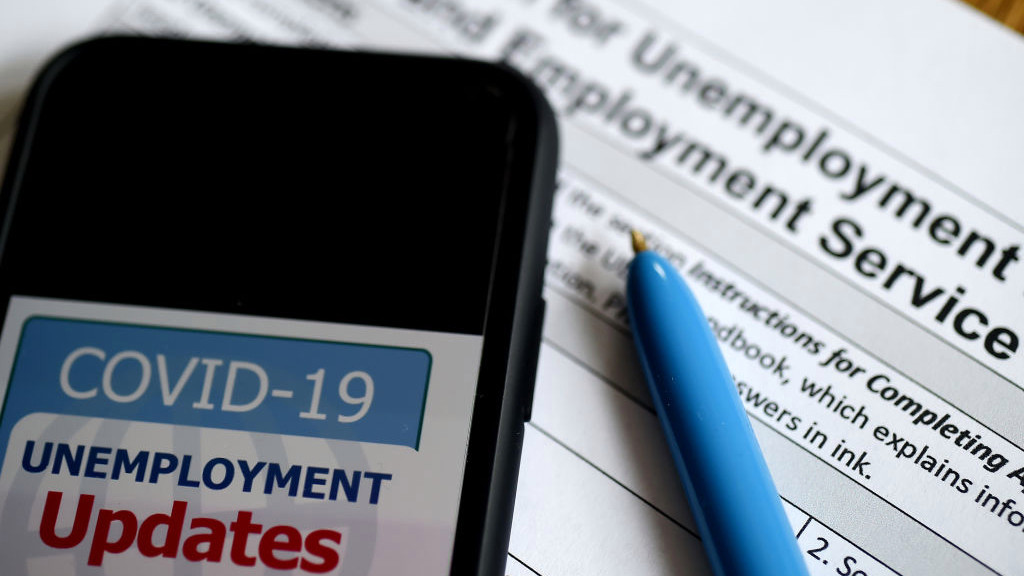Mr. Trump’s resistance to signing the bill risks leaving millions of unemployed Americans without crucial benefits, jeopardizes other critical assistance for businesses and families set to lapse at the end of the year and raises the possibility of a government shutdown on Tuesday.
The president blindsided lawmakers this week when he described as “a disgrace” a relief compromise that overwhelmingly passed both chambers and was negotiated by his own Treasury secretary. He hinted that he might veto the measure unless lawmakers raised the bill’s $600 direct payment checks to $2,000, and Mr. Trump, who was largely absent from negotiations over the compromise, doubled down on that criticism on Saturday while offering little clarity on his plans. A White House spokesman declined to indicate what the president intended to do.
“I simply want to get our great people $2000, rather than the measly $600 that is now in the bill,” Mr. Trump said on Twitter Saturday, a day he continued to dedicate many of his posts to falsehoods about the election. “Also, stop the billions of dollars in ‘pork.’”
If the president does not sign the $2.3 trillion spending package, which includes the $900 billion in pandemic aid as well as funding to keep the government open past Monday, coverage under two federal jobless programs that expanded and extended benefits will have ended on Saturday for millions of unemployed workers.
“Foreclosures, hunger, homelessness, suicide,” said Michele Evermore, a senior policy analyst for the National Employment Law Project, a nonprofit workers’ rights group. “There will be very permanent things that happen to people that can’t be fixed by a check in three weeks.”
Even if the legislation becomes law before the end of the 116th Congress on Jan. 3, the delay will have guaranteed a temporary lapse in unemployment benefits because states will not be allowed to restart benefits until the first week of January. The delay has also effectively reduced the scope of the extension and expansions in the relief bill because they are still scheduled to end in mid-March. A provision in the bill adding $300 a week to unemployment benefits would now last for 10 weeks, instead of the intended 11.
“That’s a significant amount of uncertainty for the tens of thousands of residents throughout the state that have been dependent on all this,” said Max Reiss, a spokesman for Gov. Ned Lamont of Connecticut. “They’re basically being told, ‘You’re going to have to wait a little longer.’ But what they’re waiting for, we basically don’t know. And that is an unfair position to put people in when we were so close to the finish line days ago.”




